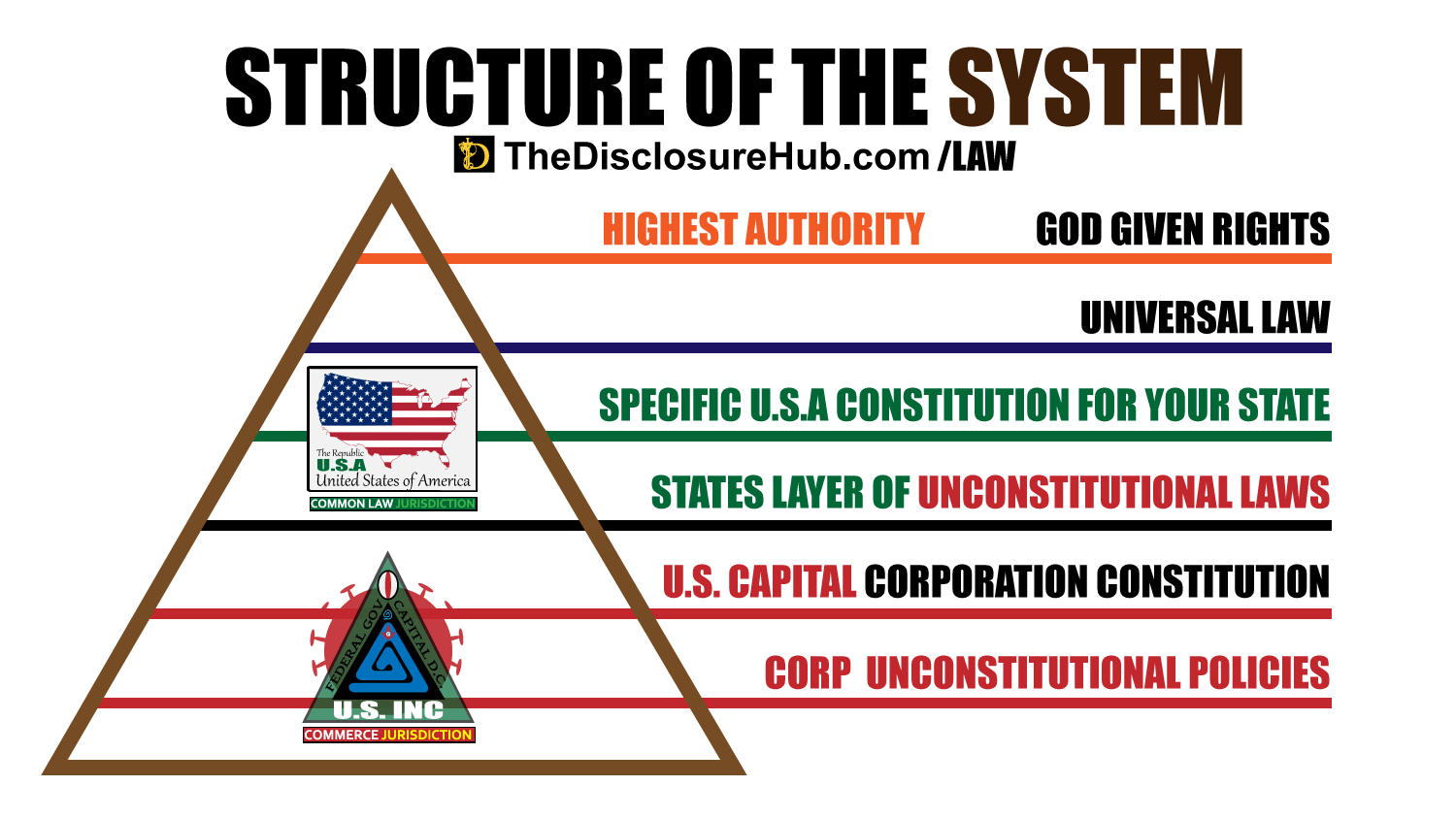Please Be Patient !
The videos and images on this page are HD and take some time to load.
Video Loading..
Recap of Previous Section
Jurisdiction and Court Agreement:
Accidental jurisdiction waiver through actions or statements.
Entering court and agreement-based jurisdiction.
Avoiding Court and Rights Assertion
Avoiding Court:
Methods to solve situations without entering court.
Importance of timely asserting and knowing your rights.
Procedures like sending certified letters and requesting jury trials.
Filing Complaints and Lawsuits
Understanding Complaints and Lawsuits:
Filing complaints in different jurisdictions (state vs. federal).
Differences between USA (states united) and US (corporation).
State vs. Federal Jurisdiction
Independent State Constitutions and Jurisdictions:
Each state’s constitution and its power.
Comparing legal potency: state jurisdiction vs. federal (US corporation).
Legal Example: Cannabis Laws
State vs. Federal Conflict:
Example of state legalization of cannabis vs. federal laws.
Implications of jurisdictional conflicts and their resolutions.
Choosing the Right Court
Complaint Filing Decision:
Deciding between state and federal complaints based on issue.
Understanding the relative strengths and limitations of each jurisdiction.
Divisive Tactics and Legal Knowledge
Divisive Tactics and Legal Frameworks:
Societal division through technology and algorithms.
Importance of understanding the legal system for unified action.
Court System Structure
Hierarchy of Courts (State and Federal):
Supreme Courts, Courts of Appeal, and lower courts (small claims, municipal, circuit/superior courts).
Comparison of state and federal court structures and processes.
Role of Supreme Courts
Supreme Court Decisions:
Finality of Supreme Court decisions.
Overturning decisions and their rarity.
Impact of Supreme Court rulings at state and federal levels.
Importance of Case Law
Using Case Law:
Significance of citing Supreme Court cases (e.g., Marbury vs. Madison).
Importance of reading and understanding cited cases.
Leveraging case law to challenge lower authorities.
Concept of Willful Intent
Willful Intent and Rights Assertion:
Legal concept of willful intent.
Asserting rights to avoid criminal punishment.
Strategies for effectively challenging legal constraints.
Final Summary
Key Legal Concepts:
Understanding your rights and asserting them confidently.
Using legal knowledge to navigate and challenge the system.
Choosing battles wisely and ensuring strong support.























